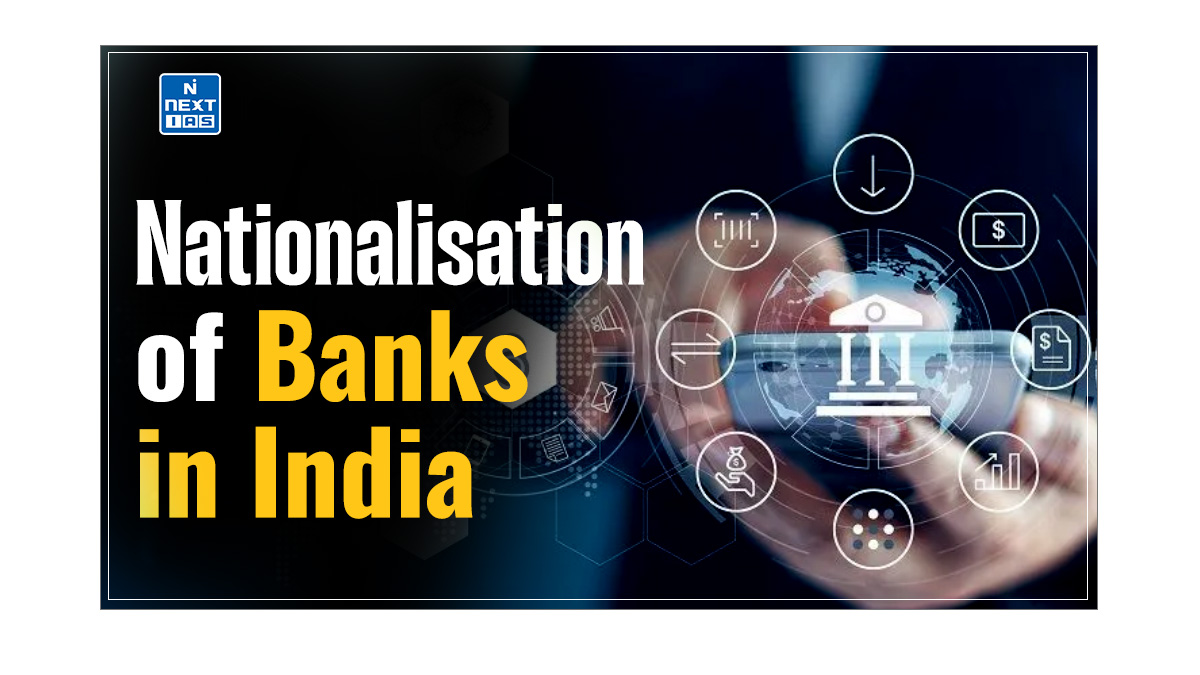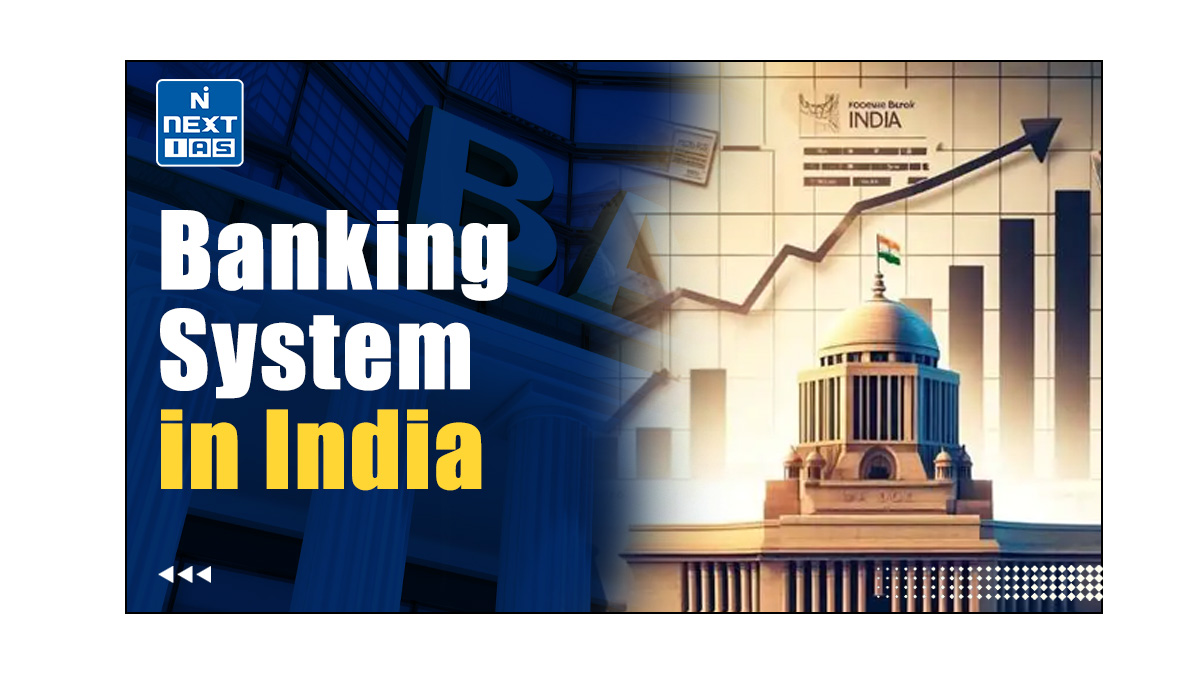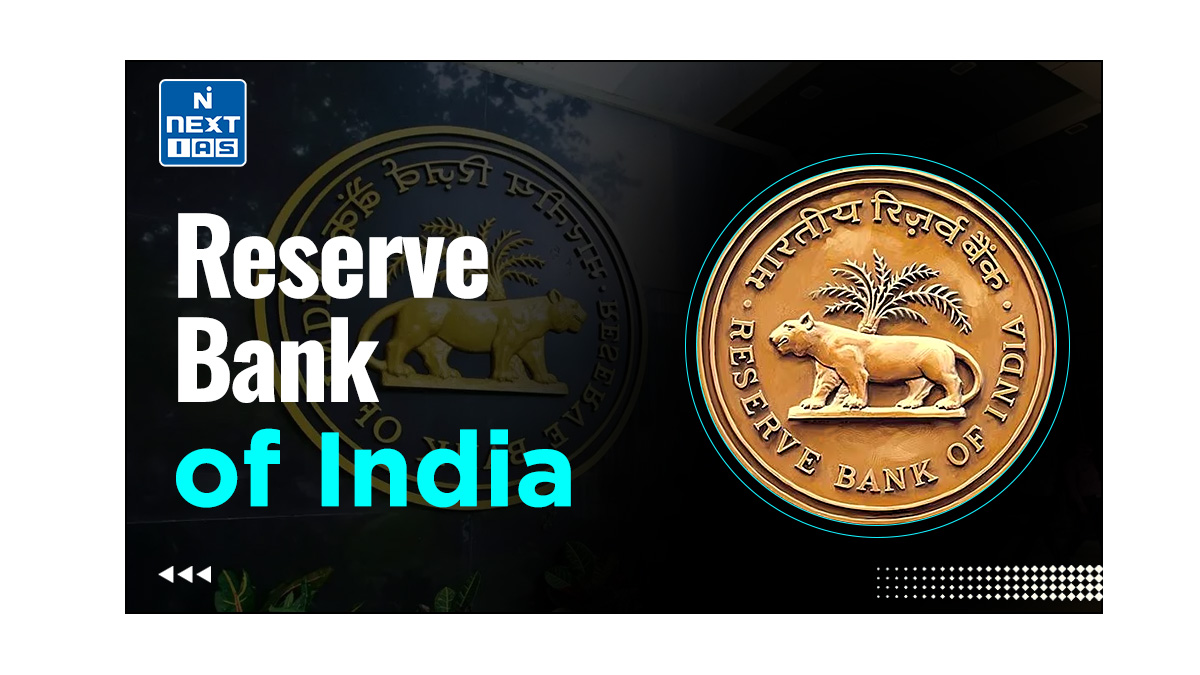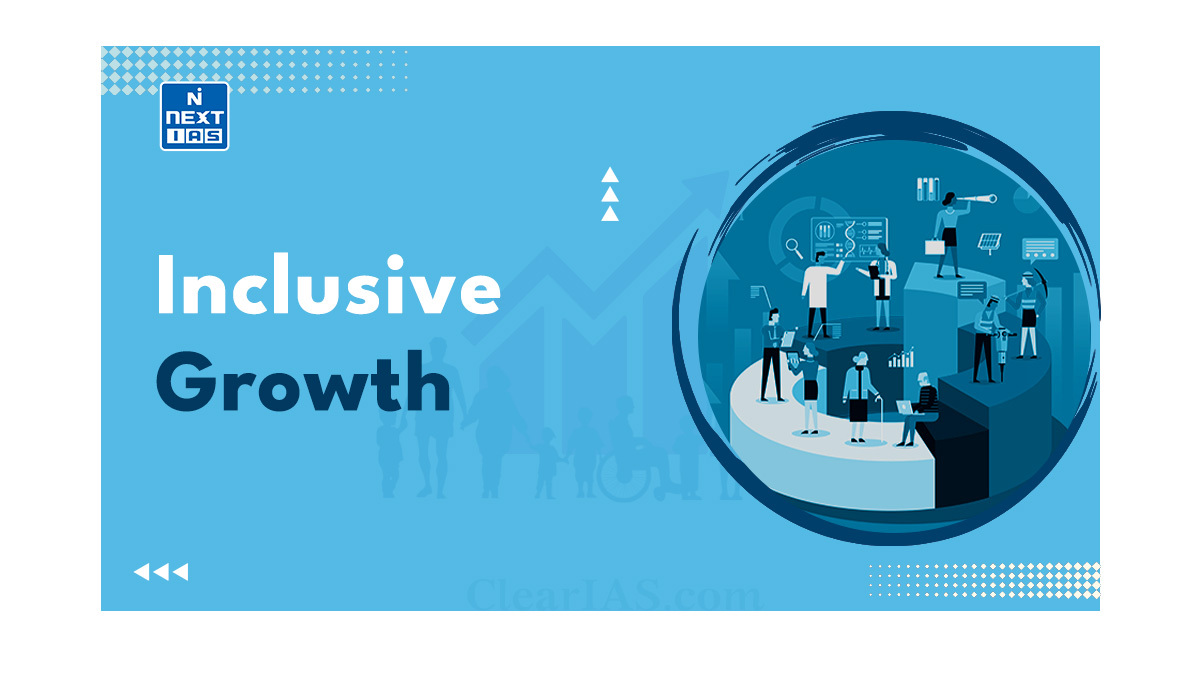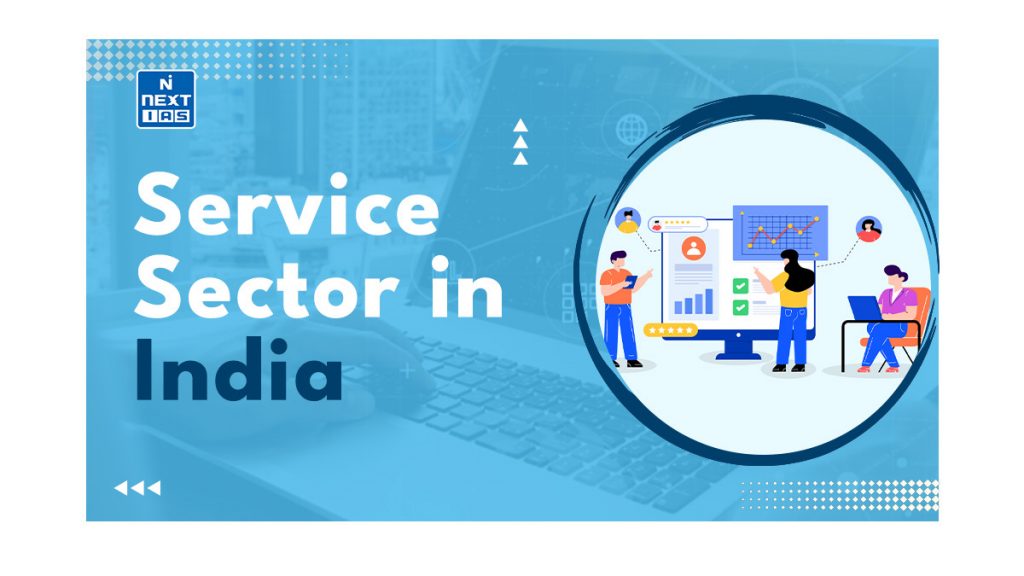
The comprehensive article on Service Sector in India cover its definition, examples, challenges and more. This topic has relevance in the “Indian Economy” section of the UPSC CSE exam.
The growth of the Services Sector in India is a unique example of leap-frogging traditional models of economic growth. Within a short span of 50 years since independence, the contribution of the service sector in India to the country’s GDP is a lion’s share of over 60%.
What is Service Sector in India?
The service sector is also known as the tertiary sector. It is one of the three sectors of the economy, the other two being the primary sector (which includes agriculture, forestry, mining, and fishing) and the secondary sector (which involves manufacturing and construction).
The service sector in India encompasses a wide range of economic activities that provide intangible services rather than physical goods. The service sector in India includes:
- Information Technology (IT) and Software Services
- Business Process Outsourcing (BPO)
- Financial Services
- Healthcare and Medical Tourism
- Education and Training
- Telecommunications and Internet Services
- Tourism and Hospitality
- Entertainment and Media
- Legal and Professional Services
- Retail and E-commerce
What are the Examples of the Service Sector?
- Retail and Wholesale Trade: This includes selling products to consumers (retail) and distributing products to retailers (wholesale).
- Hospitality and Tourism: Services related to hotels, restaurants, travel agencies, and tourism destinations.
- Finance and Banking: Services provided by banks, insurance companies, investment firms, and other financial institutions.
- Healthcare: Medical services, hospitals, clinics, and healthcare professionals.
- Education: Educational institutions, teachers, and educational support services.
- Information Technology and Software: Software development, IT consulting, and tech support.
- Entertainment and Media: Film, television, music, publishing, and digital media.
- Professional Services: Legal, accounting, consulting, and other professional services.
- Transportation and Logistics: Services related to the movement of goods and people, such as shipping, logistics, and transportation companies.
- Government Services: Public administration, law enforcement, and regulatory agencies.
What is the Role of the Service Sector in India?
The service sector plays a crucial role in India’s economy. Here are some key roles and contributions of the Service sector in India:
- Economic Growth: The service sector accounts for most of the country’s economic output. The services sector contributes over 50 percent to India’s GDP.
- Employment Generation: The service sector is a major source of employment in India. It provides jobs to 30.7% of the Indian population.
- Foreign Exchange Earnings: Services like information technology (IT), business process outsourcing (BPO), and medical tourism have generated substantial foreign exchange earnings for India.
- Global Outsourcing Hub: India is a global outsourcing hub, particularly for IT, BPO, and knowledge-based services.
- Knowledge-Based Economy: The country produces many highly skilled professionals, including software engineers, doctors, engineers, and business analysts.
- E-commerce and Retail Growth: The retail and e-commerce subsectors have experienced significant growth in recent years, driven by increasing consumer spending and digital transformation.
- Tourism and Cultural Exchange: The tourism and hospitality sector contributes to cultural exchange and the growth of the country’s reputation as a global tourist destination.
What is the Current Rate of the Service Sector in India Currently?
Services sector continues to contribute significantly to India’s growth, accounts for about 55 per cent of total size of the economy in FY24. As per provisional estimates, the services sector is estimated to have grown by 7.6 per cent in FY24: Eonomic Survey 2024
Services PMI soared to 61.2 in March 2024, marking one of the sector’s most significant sales and business activity expansions in nearly14 years.
Related Resource: Download Economic Survey 2023-24 Summary PDF
What are the Challenges Faced by the Service Sector in India?
The service sector in India, while a key driver of economic growth and employment, faces several challenges.
- Regulatory Complexity: Complex and frequently changing regulations can create hurdles for businesses in the service sector.
- Infrastructure Constraints: Inadequate infrastructure, such as transportation and logistics, can hinder the efficient delivery of services.
- Skilled Labor Shortages: While India produces a large number of graduates and skilled professionals, there can be a disconnect between the skills possessed by the workforce and the demands of certain service sectors.
- Technology Adoption: While India has made significant progress in the IT and software services sector, many other service industries lag behind in adopting technology for efficiency and competitiveness. Digital transformation is essential in today’s global service environment.
- Data Privacy and Security: In the digital age, concerns about data privacy and security have become more pronounced. Service providers must navigate complex data protection laws and ensure the safe handling of customer data.
Sources:
- Indian Budget 2022-23
- IBEF
- PIB
- Invest India
